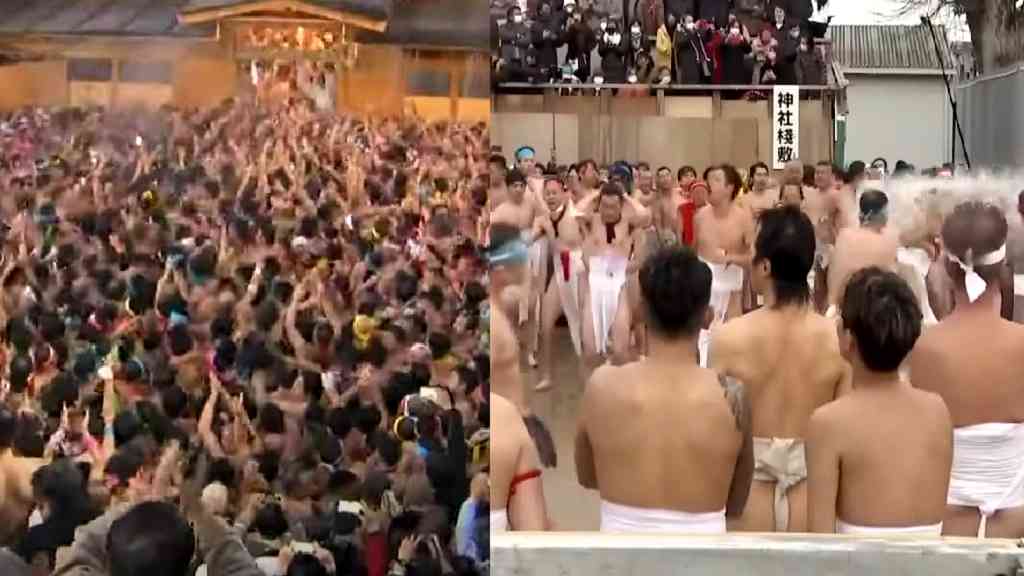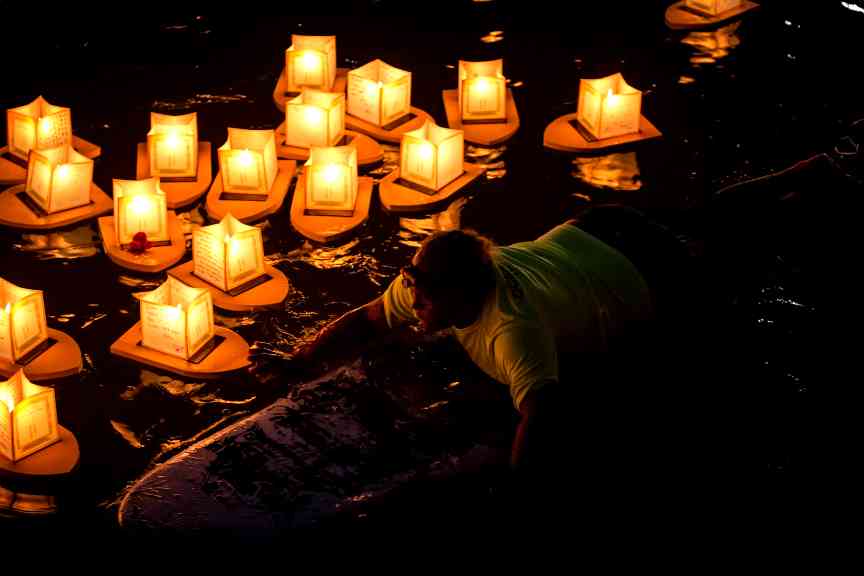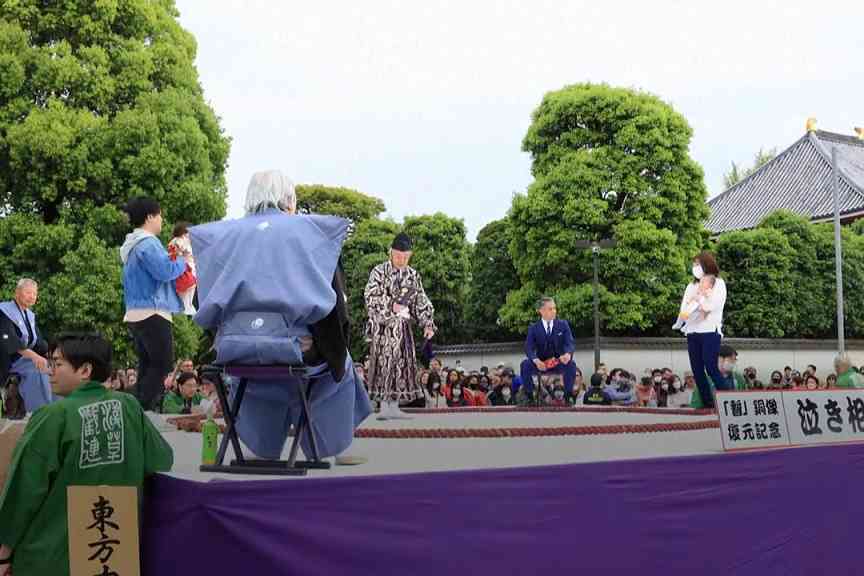‘Naked man’ festival breaks 1,250-year-old tradition to allow women to participate



By Ryan General
January 24, 2024
A Japanese shrine is breaking its 1,250-year-old tradition by allowing women to partake in its famed “naked man” festival rituals.
A welcome change: For the first time in the history of the Hadaka Matsuri festival, the Konomiya Shrine in Inazawa, Aichi prefecture, will welcome women to participate in some of the age-old rituals taking place at the event on Feb. 22. Organized under the group “縁友会” (Enyuukai), approximately 40 women will engage in the naoizasa ritual, a unique ceremony involving wearing traditional robes, carrying bamboo grass bundles with written wishes and dashing into the shrine grounds for offerings.
About the tradition: The Hadaka Matsuri festival traces its origins back to a superstitious practice for ensuring luck amid plague and diseases. Men, traditionally the sole participants, would wear white loincloths and engage in various rituals throughout the day. One of the main attractions of the festival involves a designated “god man” being stripped naked and thrown into a crowd, where attendees attempt to touch him for good luck.
The female participants will not partake in the ritual involving the scramble to chase the “god man,” reported the South China Morning Post.
What made it possible: The shrine’s decision aligns with a recent trend in Japan, with other festivals like the Katsube Fire Festival opening up to women. Festivals have faced recent challenges, as seen in the impending closure of the 1,000-year-old Somin-sai festival due to a lack of local participants, reflecting the urgent need to involve more people to sustain these cultural practices.
Mitsugu Katayama, an official of the organizing committee, notes the increased interest from women in recent years, attributing it partly to the pandemic-induced hiatus of the festival over the past three years.
Why it matters: In a press conference, Enyuukai Vice Chair Ayaka Suzuki emphasized the significance of the event, revealing that she aims to use the occasion to “pray for the safety of my family and the people affected by the Noto Peninsula earthquake.” Sumie Kawakami, an instructor at Yamanashi Gakuin University focusing on women and gender issues, also welcomed the shrine’s decision, hoping it marks the first step toward broader inclusion.
Share this Article
Share this Article





